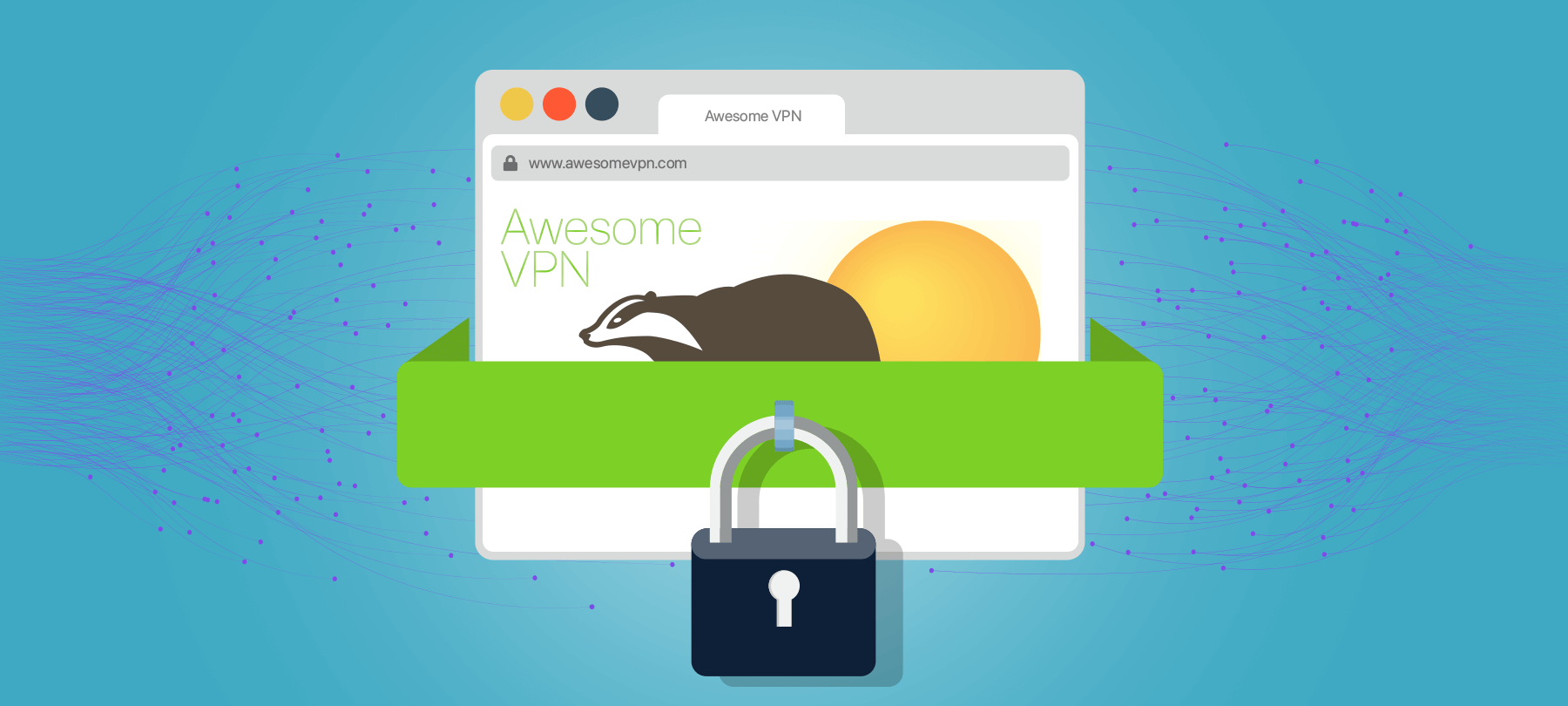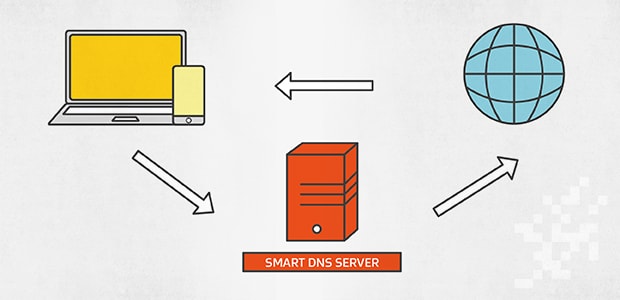Featured
Table of Contents
Proxy Vs. Vpn: 5 Differences You Need To Know
In case if you are already using a VPN, then connecting to a website or app utilizing a proxy server would be unneeded. You can utilize a VPN and proxy together to add an additional layer of privacy to your network connection. You require to keep in mind that that you should have a stable Web connection.


Here are the essential choice criteria to choose a VPN: VPNs can be sluggish, and for that reason, it might be hard to stream video online. You require to first check out the VPNs. If the server speed is excellent, then you can buy it. It is great that you select a VPN having more proxy servers at several areas.

All communication online takes place via data packets. Applications and user gadgets exchange information in the form of demands and responses. A client sends a demand to any application or web server by using the server's IP address, and the server returns the reaction to the client's IP address.
Proxy Vs. Vpn: What Is The Main Difference?
You can use a proxy server prior to the client (forward proxy) or your application server (reverse proxy). Here's how customers and servers connect when you use a forward proxy server: When the client sends out a web request, it initially goes to the client's proxy server The proxy server changes the client's IP address with its own IP address The proxy server forwards the web demand to the application server The application server processes the request and sends the reaction information back to the proxy server The proxy server forwards the response back to the customer When you use a forward proxy server, the server is not aware of the actual customer and believes the proxy is the client.
Something went incorrect. Wait a minute and attempt once again Try once again.
VPNs are really similar. Like proxies, they mask your IP address and send out all your internet traffic to a remote server so that you can access geo-restricted content however likewise browse the web anonymously. A VPN service works on the operating system level. This suggests that it reroutes all your traffic, whether it is originating from your web browser or a background app.
Difference Between Proxy & Vpn - What Should You ...
All the data shared between the Web and your device are certainly protected in encrypted tunnels. In this method, a VPN avoids your activity from being tracked by your ISP, federal government and any hackers trying to obstruct your gadget. We go in depth on the ins and outs in our dedicated article answering the concern: what is a VPN? The primary difference in between them is that proxies will only reroute application traffic, while VPNs can do this for the entire os.
While file encryption is absolutely a good idea, the time it takes to encrypt web traffic between your gadget and a remote server might lead to a slower connection. The area of the VPN server can also obstruct performance, however premium services tend to resolve these concerns and if it feels like an issue, we 'd recommend that you obtain the services of the fastest VPN you can.
Like VPNs, they'll require some time to reroute your internet traffic. What's more, proxy services are typically totally free to download and will likely be flooded with traffic from others.
Proxy Vs. Vpn: What's The Difference?
Things like an integrated kill switch, worldwide servers, DNS leak defense and running system-level security imply they're more powerful than proxies. If you merely desire to conceal your IP address for anonymous web surfing and bypassing geo-restrictions, proxies are fine.
Compare today's finest total VPNs.
These days, numerous internet users compare a proxy vs VPN, questioning what they ought to use when searching to protect themselves. In 2020, 84% of consumers said they cared about their privacy and data, and 80% were ready to act to protect it. Virtual Personal Networks (VPNs) and proxies are a possible service due to the fact that they add an extra layer in between a web browser and any information tracking company or federal government.
Vpn Service Vs Smart Dns Proxy
With simply the technical definitions, it can be challenging for a typical user to inform a VPN apart from a proxy. To help you understand how a VPN is different from a proxy server, we have actually highlighted the major differences comparing VPNs with proxies regarding security, privacy, cookies, cost, and speed.
Just after the information has been sent through to the customer does it decrypt the data for other programs to utilize. So not only is your identity concealed from the site or service you check out, your ISP, and even the network does not understand what information you're packing either. All they can see is that you're loading encrypted data from a VPN.
Even if you're on an open WIFI network, the file encryption secures your data from being intercepted by malicious hackers. And since the VPN uses end-to-end file encryption, your ISP, router, employer, or government can't access your information either. That's part of the reason the Chinese federal government is trying to restrict the general public's access to VPNs.
Vpn Vs Proxy - Which Should You Use & When? - Pia Blog
And with great reason. Due to the fact that of this new law, practically every site that tracks you with cookies has to ask for your consent.

Cookies will get downloaded to your computer through the proxy server or VPN. With a VPN, the cookie will error the VPN's IP address for your own, which will provide some level of protection against fingerprinting and other digital tracking techniques.
So when you start utilizing a VPN or proxy server, you need to clear all the cookies on your computer. If not, existing cookies may interfere with the included layer of personal privacy. The website will link it with your original area and IP address and utilize it to aid in your gadget's fingerprinting.
Latest Posts
Take A Look At 6 Top Vpn Service Providers For Remote Work
Which Vpn Is Best For My Business?
The Top 10 Enterprise Vpn Solutions